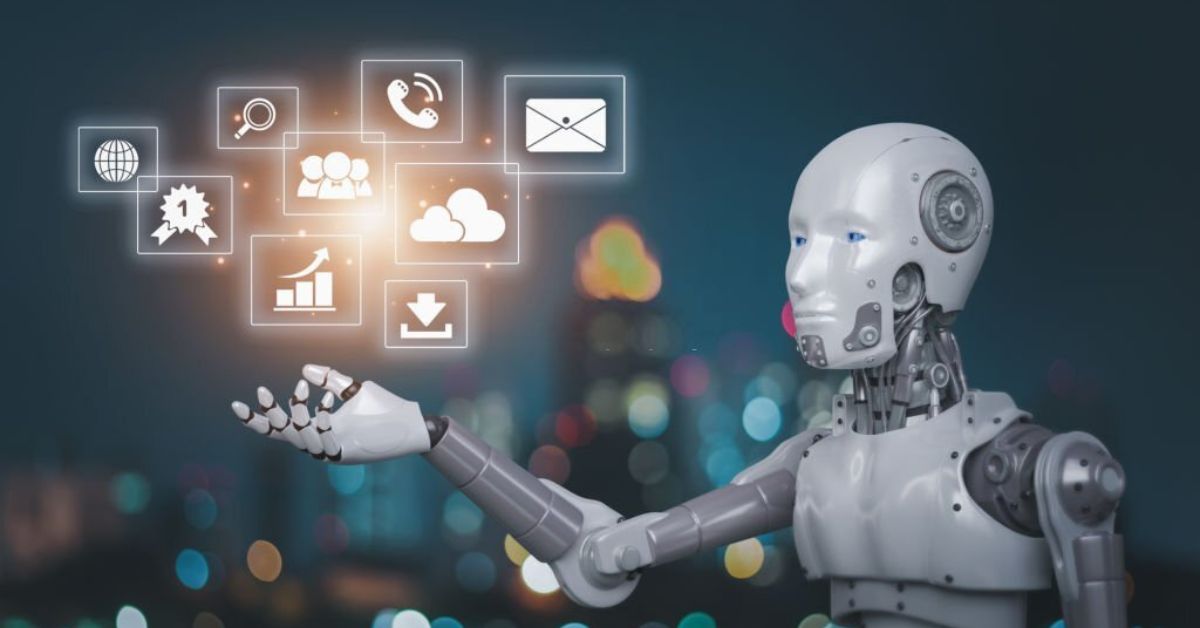Benefits and Challenges of AI in Businesses
Artificial intelligence can be potentially beneficial for various industries such as e-commerce, Human Resources, marketing, business administration, and several manufactural procedures.
Artificial intelligence is being adopted widely in business processes owing to its benefits. AI-enabled automation of processes increases efficiency while significantly reducing costs. It is used widely in e-commerce, human resources, marketing, and simplistic manufacturing. AI technology requires a high-speed and reliable internet connection such as the Spectrum One plans for smooth operations. It helps in better decision-making and improves customer service.
AI, however, has several disadvantages, including the challenges of AI in businesses. It is expensive to incorporate into business processes and can be challenged for data breaches and privacy invasion.
Artificial Intelligence in Businesses
In the commercial sphere, artificial intelligence is widely used. Businesses have begun to recognize it for its benefits and are inclined to integrate AI technology into maximum operations to optimize creativity and gain a competitive edge.
It is widely used in the following industries.
1. E-commerce
Artificial intelligence is used in the e-commerce department to increase personalization and provide a unique shopping experience to customers. It helps with personalized product recommendations, automated reminders, and follow-ups. It aids businesses in the attractive display of products and suggests appropriate price points.
2. Business Administration
AI is used to simplify administrative activities such as filtering junk, automizing tedious tasks, enhancing security, predicting sales, and regulating voice-to-text features.
3. Marketing
The use of AI in marketing has transformed customer services. Its intelligent algorithm helps create effective marketing strategies with accurate segmentation according to demographics. Language recognition abilities enable AI to understand and respond with customized content for an enhanced individualistic approach. Advanced AI technologies are capable of sensing social sentiment and responding accordingly. It also helps in developing attractive web designs.
Artificial Intelligence Operating Systems
Artificial intelligence help businesses automate simple operations like inventory management and POS.
• Human Resources
AI helps HR is choosing the best candidate for the job. Its advanced algorithms efficiently analyze huge applications and applicant profiles and match them with the company requirements and guidelines to generate a list of candidates best suited for the job.
• Manufacturing Processes
Artificial intelligence is used to automate monotonous procedures like data entry, inventory control, and other simplistic tasks. They increase efficiency and eliminate the risk of human error.
Benefits of AI in Businesses
Artificial intelligence produces the following benefits for businesses.
1. Enhanced Efficiency
Artificial intelligence is beneficial for businesses as it helps in organizing and automating routine tasks. This increases procedural efficiency and optimizes productivity.
AI-powered chatbots can handle repetitive queries and engage customers while human resources can be allocated to more complex tasks. It helps in efficiently managing the supply chain through smart logistics, reducing wastage, and saving valuable resources. Analytical powers of AI help in analyzing huge amounts of financial data and displaying simplified results, which aid companies in effecting decision-making.
2. Increased Productivity
Artificial intelligence is used to automate time-consuming and tedious tasks. This saves human resources, that can be employed at more strategic and value-adding procedures thus increasing the overall productivity of the company.
AI-powered project management systems help optimize administrative tasks by identifying hurdles, and maximizing processes while reflecting on the progress of the project.
AI-powered predictive technologies help in efficiently managing quality control by recognizing issues and managing them before they create a hurdle.
3. Improved Customer Services
The new age customer services require a high level of personalization. AI-powered behavioral detecting technologies are used to analyze customer preferences and habits. This data is processed to alter content according to individual preferences to target marketing activities accordingly. The personalized customer service approach increases consumer satisfaction and increases brand loyalty.
Challenges of AI Technologies
• Cost
Integrating AI into business operations is an expensive procedure. It requires a huge investment for initial installation and daily operations.
AI technology requires AI-specific hardware, software, and huge storage space. It needs AI-trained personnel to execute operations. The advancement in AI technologies requires ongoing training to stay updated and cope with advanced artificial intelligence algorithms.
• Privacy
Artificial intelligence may raise concerns about data privacy. AI utilizes consumer data to run its algorithms and draw conclusions. This may be categorized as a data breach and can create issues pertaining to consumer confidentiality.

Subscribe & get all related Blog notification.





Post your comment